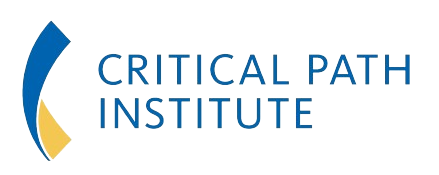Members of the CDRC team will be attending the upcoming event: Expanding Research and Care Practice through Global Collaboration and Advocacy on July 21-23.
Dysregulation of cellular RAS-RAF-MEK-ERK signaling is not only responsible for a third of all human cancers; it underlies a large group of human genetic syndromes collectively termed RASopathies.
RASopathies include neurofibromatosis type 1 (NF1), Noonan and Noonan-like syndromes (NS, NSML, NS-LAH), Costello (CS) and cardio-facio-cutaneous (CFCS) syndromes, among others. They share a pathogenic mechanism of elevated RAS/ERK signaling and overlapping clinical features. While individually rare, together RASopathies comprise one of the largest groups of congenital disorders worldwide estimated to affect ~1:1000- 1:2500 individuals.
These syndromes are characterized by distinct facial features, short stature, predisposition to cancer, and variable defects in nearly all the major body systems reflecting widespread requirements for proper RAS signaling throughout fetal and postnatal development. RASopathies fall along a spectrum. For some, having a RASopathy may impart a profound impact on quality of life, requiring mobilization of considerable resources for ongoing medical care. Affected families and patient advocates are real-world experts who have been transformed by these conditions.



